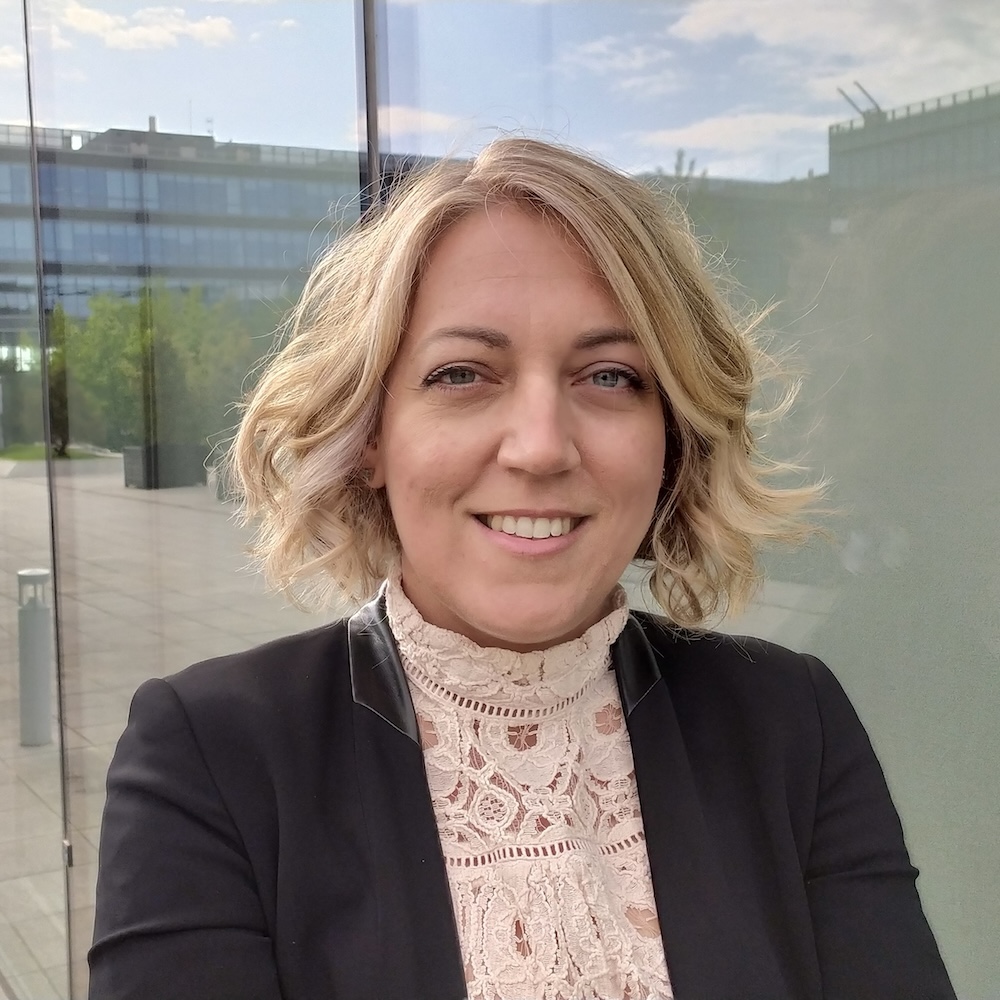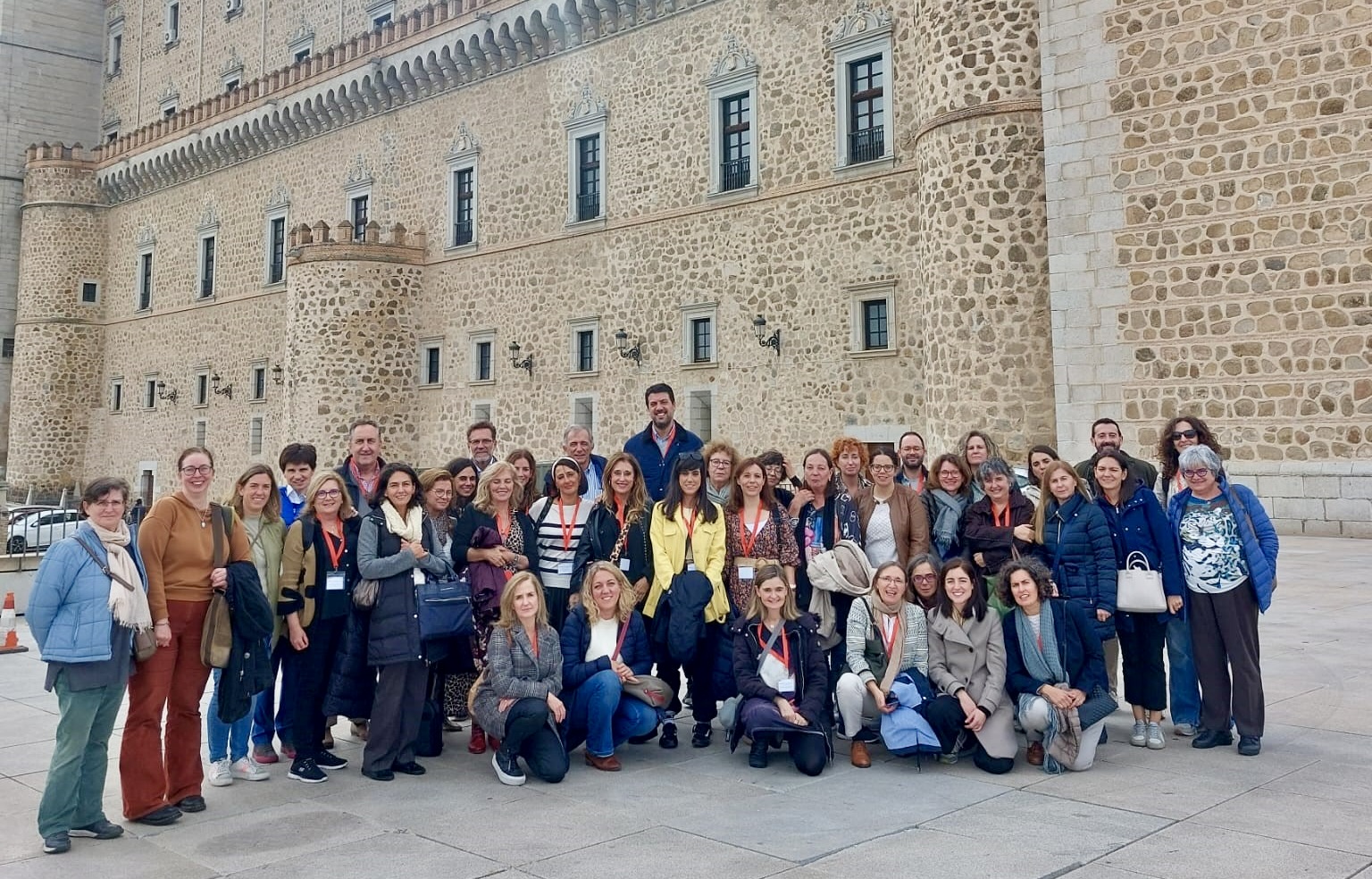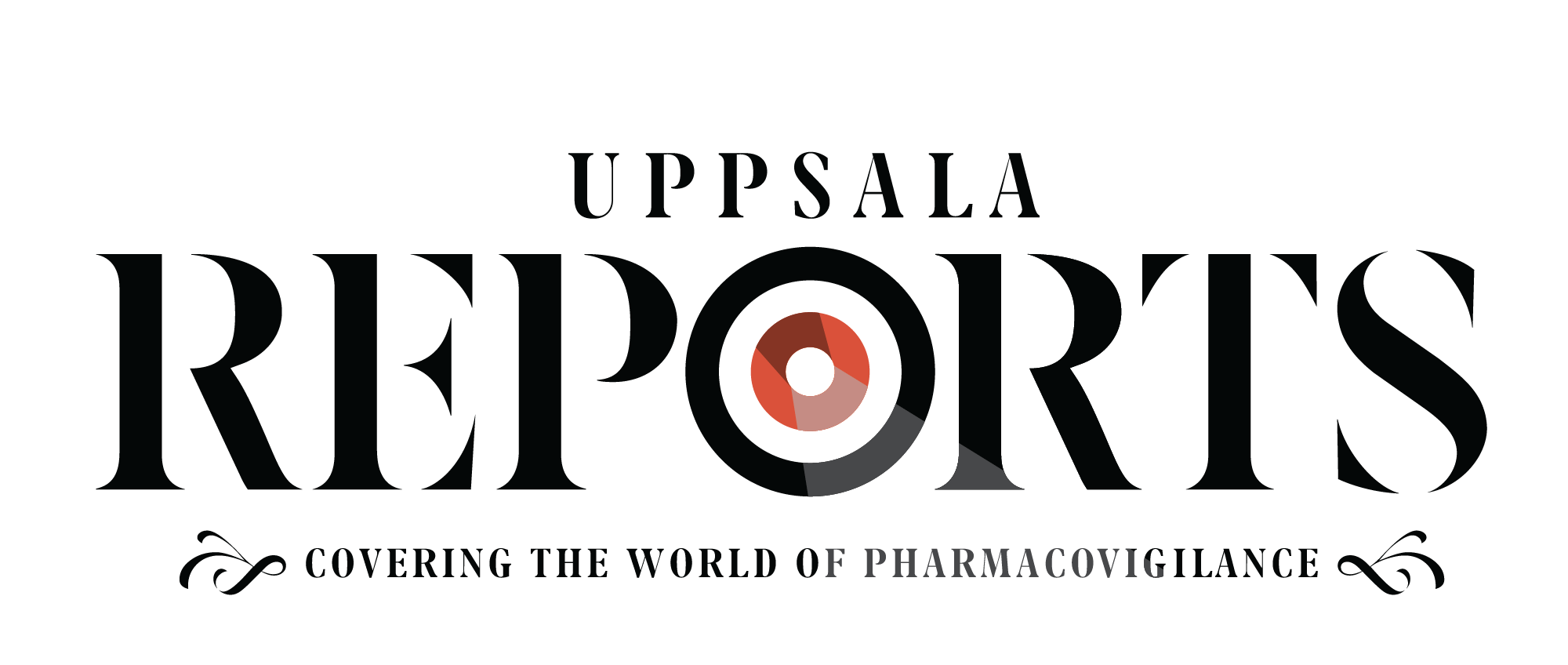
The Spanish Pharmacovigilance System (SEFV-H) is celebrating its 40th anniversary this year. It was established in 1984 as a spontaneous reporting programme based on a decentralised model, with 17 regional pharmacovigilance centres established in different healthcare institutions (health authorities, hospitals, and primary health centres) and coordinated by the Spanish Agency for Medicines and Medical Devices (AEMPS). This structure ensured that pharmacovigilance efforts remained close to reporters, but with a single coordination point to harmonise and coordinate its decisions. From the outset, it was clear that the success of our pharmacovigilance system lay in its diversity and cohesion.
Spain has been a full member of the WHO programme since its inception, and in 2016 was the first country to send individual safety case reports to Vigibase using the VigiBase API service tool. Since its establishment, the SEFV-H has been fundamental in identifying the risks associated with the use of medicines in the country.
In 1991, AEMPS developed FEDRA, a national database of suspected adverse reactions, which now contains more than 600,000 cases. By design, FEDRA initially focused on signal detection, but over the past four decades, it has been continuously adapted to serve new functionalities and requirements. A particularly important feature is the web form “Notificación de Sospechas de Reacciones Adversas a Medicamentos”, which allows healthcare professionals and patients to report suspected adverse reactions directly to the SEFV-H. FEDRA is still evolving to automatically integrate cases from other data sources to further facilitate reporting and combat under-reporting, a common issue in the field of pharmacovigilance.
All these years of success deserve to be celebrated, which is why the SEFV-H is organising the XIII Spanish Pharmacovigilance Congress.
This event, to be held on 12 and 13 November in Oviedo, Asturias, will bring together all organisations that are part of the Spanish pharmacovigilance system, as well as patients, researchers and academics, journalists, and representatives of the pharmaceutical industry to discuss pharmacovigilance broadly, and our vision for how to improve pharmacovigilance in the next 40 years. The congress has been developed with citizens and patients in mind. It is open to the general public and patient organisations and includes talks by patients in panel discussions to consider their perspectives.
The congress will take place over two days, where four discussion panels will facilitate the exchange of experiences and initiatives by participants. The debates will focus on topics of strategic interest and development for the healthcare sector. These panels will specifically focus on artificial intelligence in healthcare, strategies and innovations in reporting suspected adverse reactions, the secondary use of real-world data in pharmacovigilance, and ‘best practices’ to promote pharmacovigilance to a wider audience.

We hope that the congress encourages more active participation of the groups in the safety of medicines and as a result, an increase in reporting. To aid in this, part of the deliverables of the congress is a public campaign and video on how to report side effects to medicines and why it is important, and raise awareness of the #MedSafetyWeek campaign taking place the week before the event.
While the last 40 years have seen much success in establishing an efficient and reliable pharmacovigilance system, we hope that the next 40 years will also be met with achieving new milestones in our pharmacovigilance journey, because the safety of medicines is a huge task that concerns us all.




